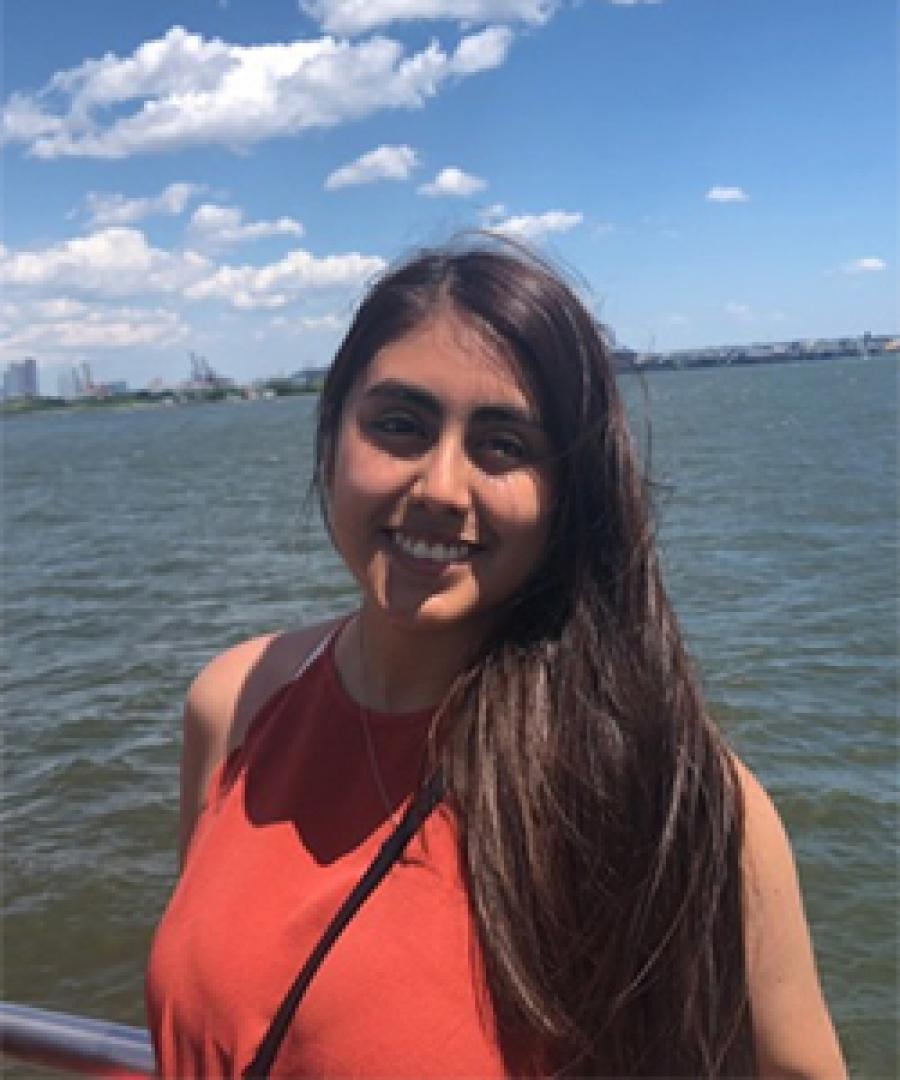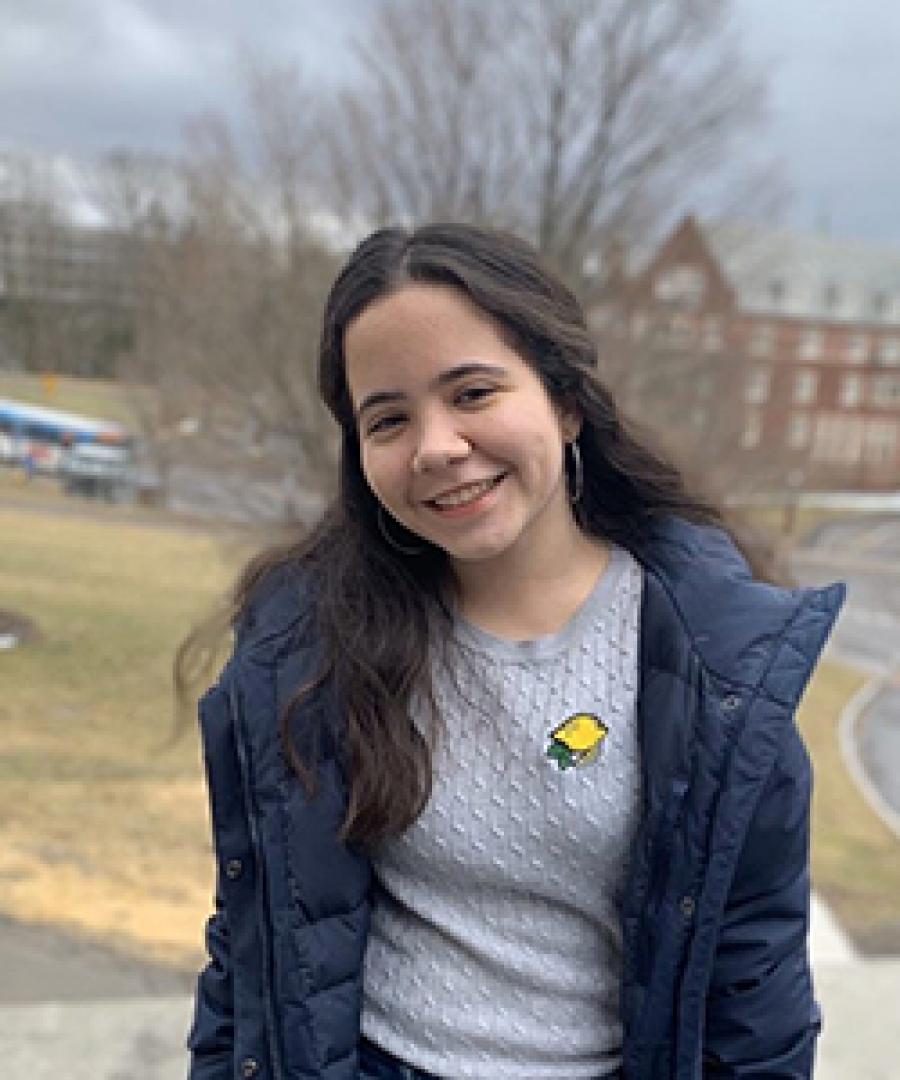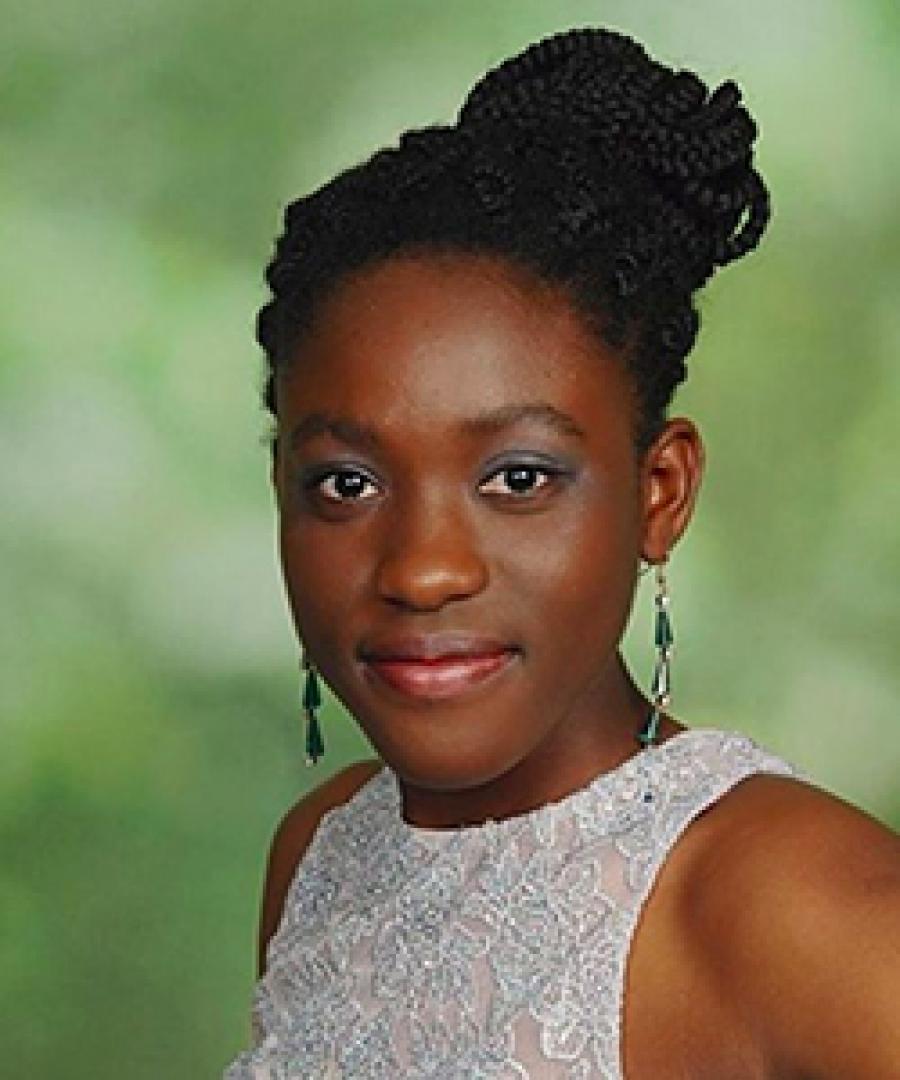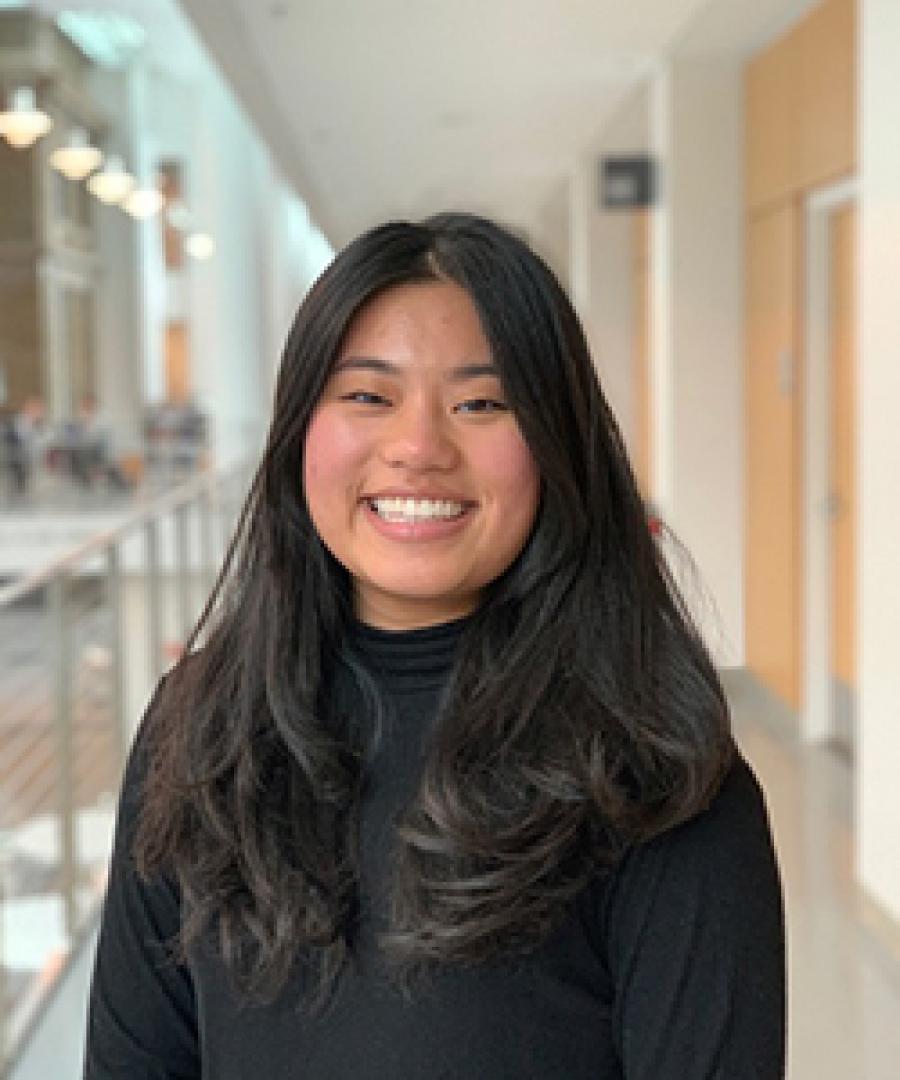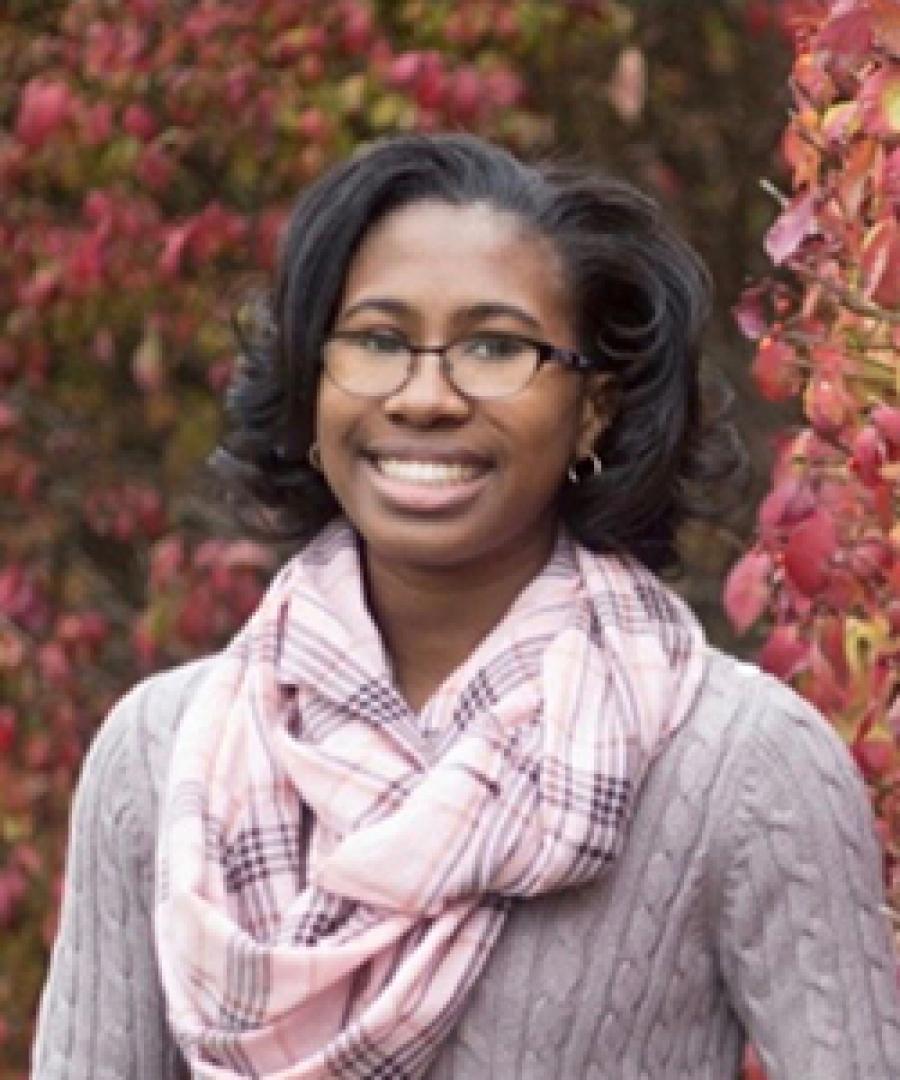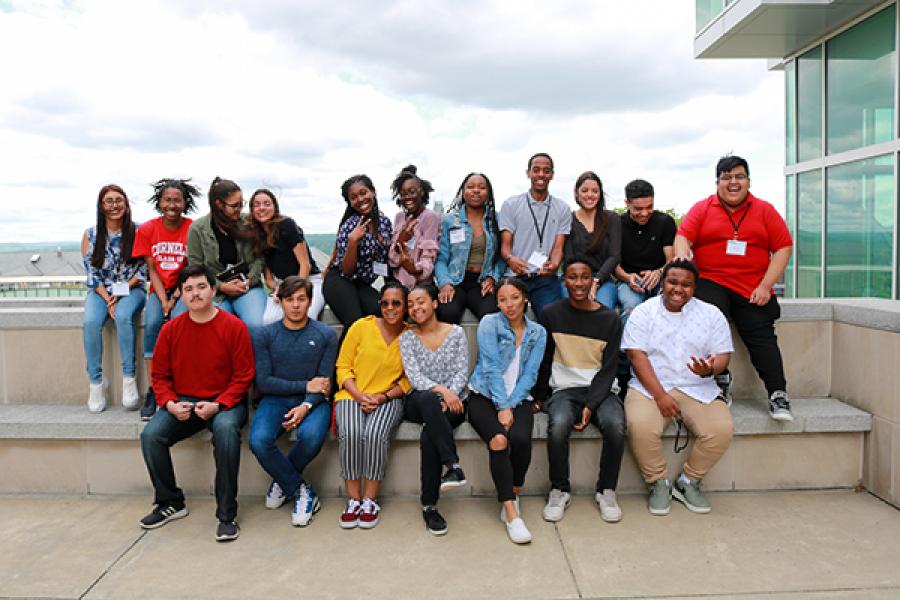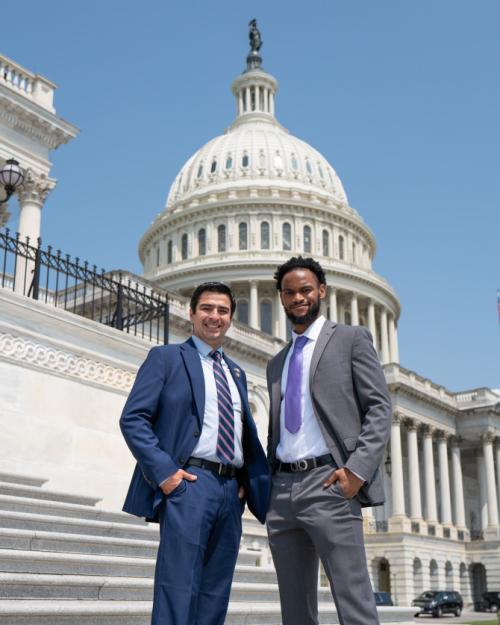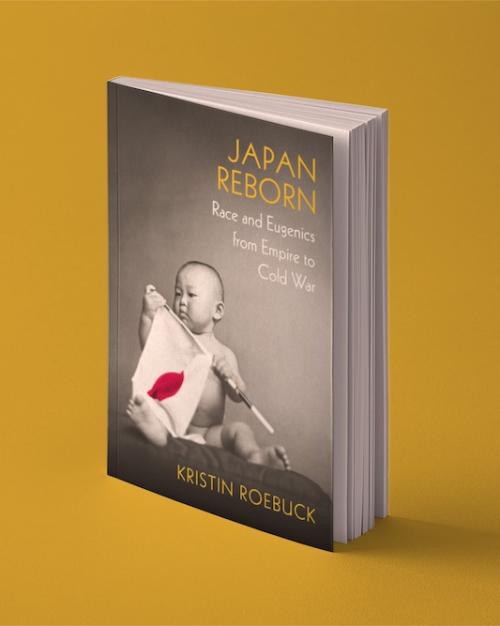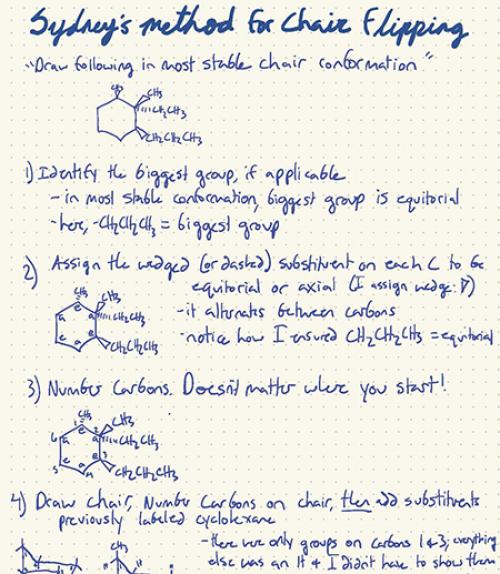Faced with the end of a popular summer program that helped students prepare for the rigors of organic chemistry, a group of undergraduates is running a similar program for 40 of their fellow students this summer.
With help from three chemistry professors and a chemistry grad student, the students offer three weekly lectures, study groups, office hours, homework assignments and weekly exams to help rising Cornell sophomores get ready for the first semester of organic chemistry, CHEM 3570. They also highlight research opportunities on campus by showcasing various students and their projects and offering information on how to get involved in research.
The Organic Chemistry Summer Program includes Contreras and 18 other students who act as teaching assistants, lecturers and study group leaders and also offer office hours help and tutoring. Many of the students took part in the Cornell-HHMI Accelerating Medical Progress through Scholarship (CHAMPS) program in previous summers. Supported by the Howard Hughes Medical Institute (HHMI), that program provided students from groups traditionally underrepresented in biomedical careers opportunities in scholarship and research.
CHAMPS was funded by a one-time grant from HHMI, the goal of which was to establish a program that would be sustained at Cornell long-term, said chemistry professor and department chair Brian Crane. More than 100 Cornell students have participated in the program over the last five years. When the COVID pandemic hit during the transition phase, it prevented many of the in-person components of the summer program from happening, he said.
“Remarkably, past CHAMPS students took it upon themselves to organize an online version of the organic chemistry preparatory course and deliver it to their peers,” Crane said. Four of the student leaders received Summer Experience Grants from the College of Arts & Sciences to help pay for their summer expenses while they volunteer with the program. Many of the students also received support from the Office of Engagement's Serve in Place Fund.
Along with Crane, other advisers to the program include chemistry professors Stephen Lee and Geoffrey Coates. Coates also assists by double-checking homework assignments and answer keys for the students.
“Dr. Lee instilled in us a growth mindset, that you don’t lose courage when you fail an exam,” Brewu-Sarpong said. “You keep pushing and trying to get a higher score each time.”
So far, the summer course has been challenging, but between office hours, tutoring sessions and study groups, she said she’s making progress, as she can see in her test scores.
Organic chemistry is known among students as one of the “weed out” courses at Cornell, a class that might make students drop their science major and move on to something else, the students said.
“Students their sophomore year will know about their natural interests more than when they were freshmen, so in one sense it’s natural for students to `weed out’ as they learn what they really love to do,” Lee said. “But there shouldn’t be demographic overtones to such decisions. Summer bridge courses which allow students from all backgrounds to connect themselves with subjects that naturally interest them can be a powerful force in removing demographic overtones. The willingness of Cornell juniors this summer to help keep this bridge program running, even with our loss of funding, makes this all the clearer.”
Students teaching in the program are all volunteers and spend at least six to eight hours a week working on the program if they are study group leaders and up to 35 hours a week if they’re more involved.
Contreras said the program is pretty much her full-time job this summer, as she works to determine what topics to cover, helps students create lectures, develops homework assignments and answer sheets, updates the website with lectures and information and runs her own study group and office hours.
Although the study groups, weekly practice exams and office hours are only available to Cornell students enrolled in the program, the lectures, assignments and answer sheets are available to anyone on their website and YouTube channel. Contreras has heard from students from other universities who are thankful for this resource.
“Since my own summer research had been canceled, I wanted to do something rather than sit at home,” Contreras said. “I started asking hard-working people who would want to do this and I’m so glad they supported my idea.”
The Department of Chemistry and Chemical Biology has other initiatives under way to help students who come from disadvantaged backgrounds or high schools to thrive at Cornell. They include the chemistry success program for incoming freshmen and the Prefreshman Summer Program, run in collaboration with the Learning Strategies Center, which typically brings a willing group of students to campus in the summer for classes and workshops to prepare them for their first year.
The introductory chemistry component, led by Lee, focuses on more than just chemistry in that it aims to boost quantitative reasoning skills and prepare students for the rigors of Cornell STEM classes. At the heart of all of these programs is peer student involvement, Crane said.
“These initiatives have been so successful because of the devoted effort of our faculty coupled with the commitment of our students, to not only learn, but to give back to their peers,” he said. “The OCSP is another shining example of the industrious and altruistic nature of the Cornell spirit.”
